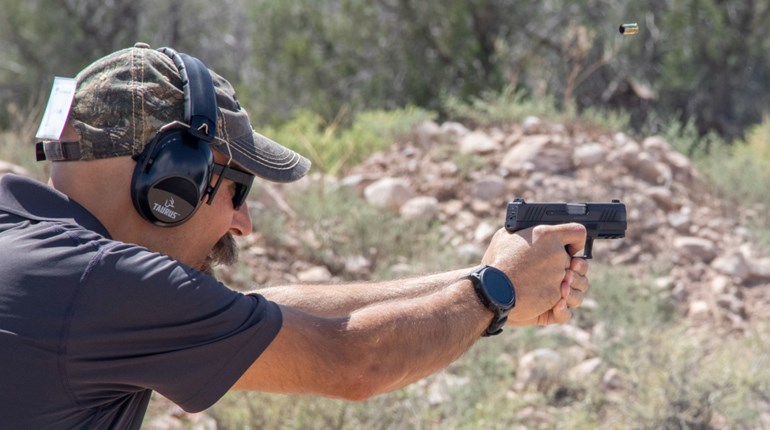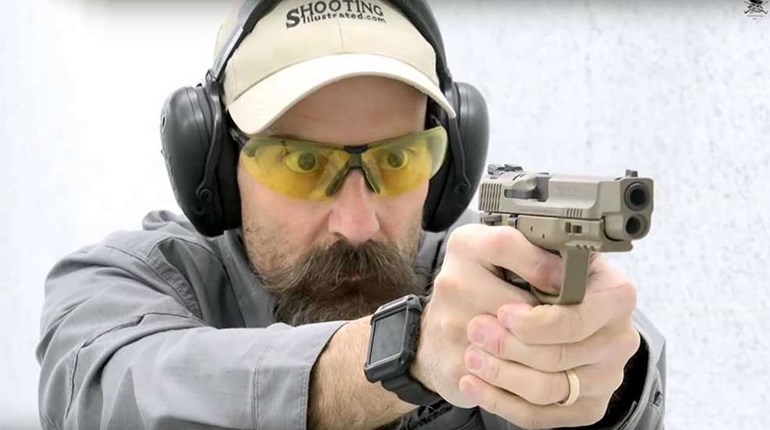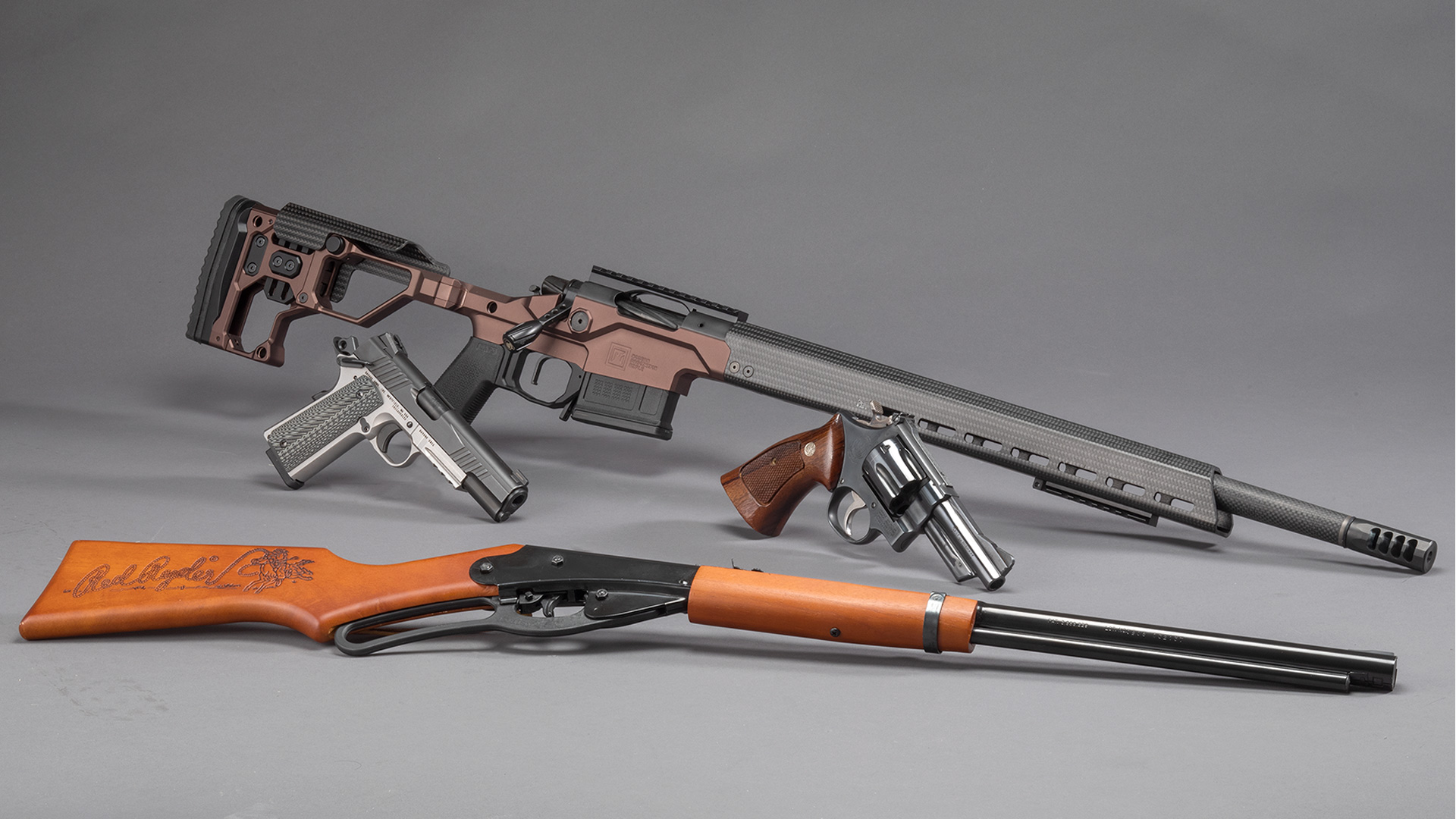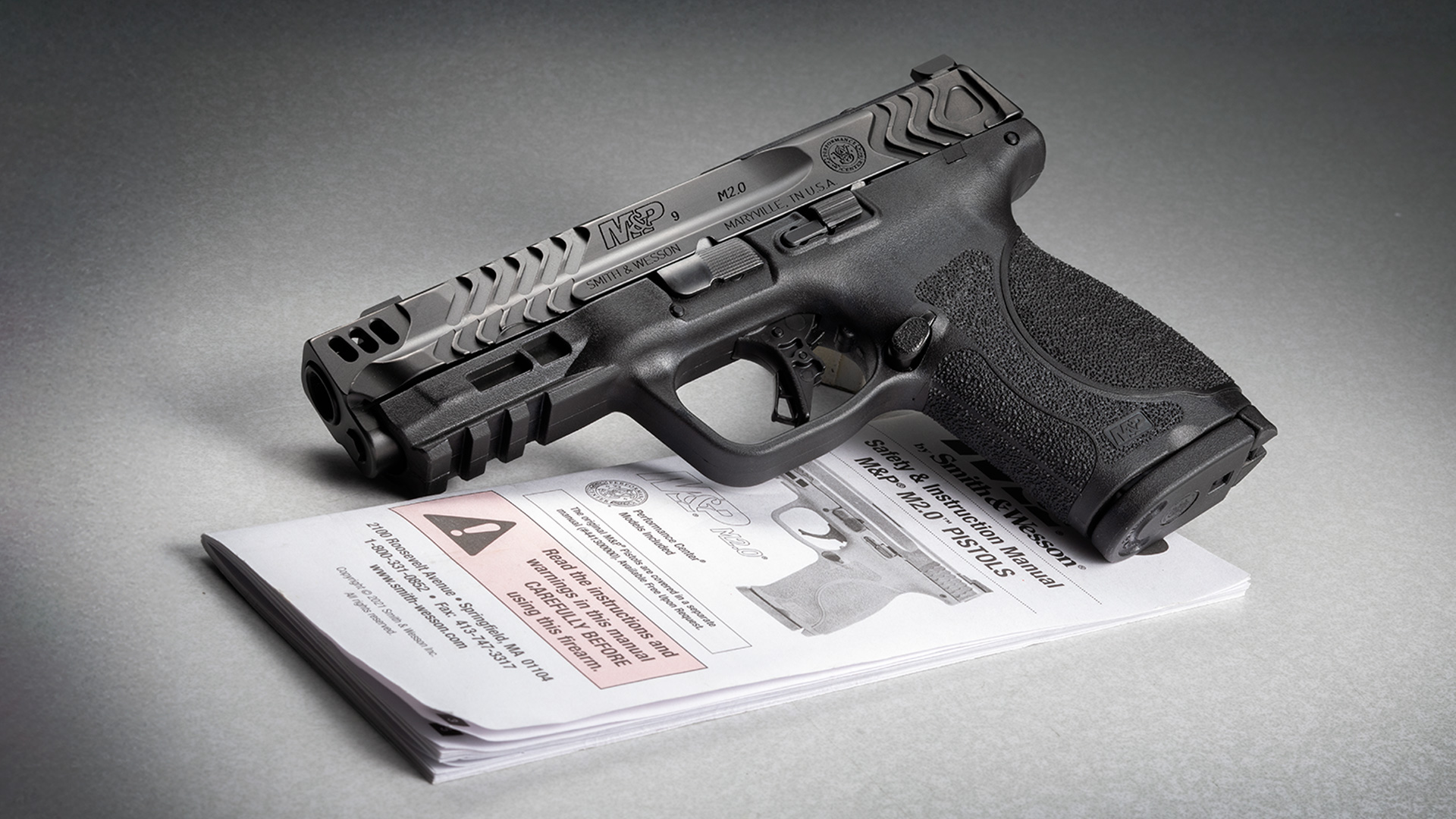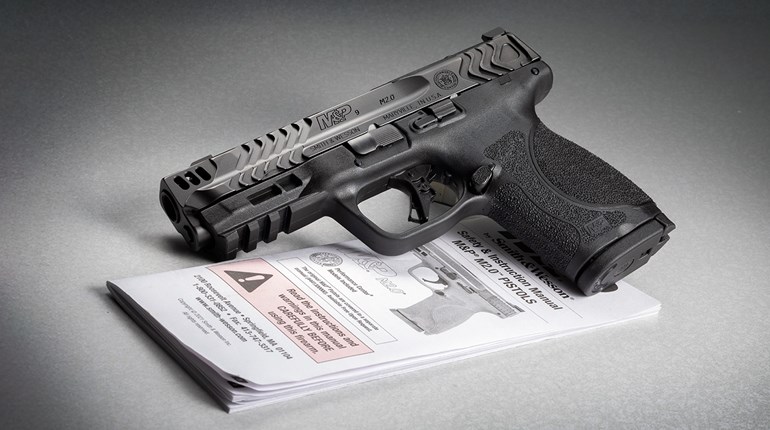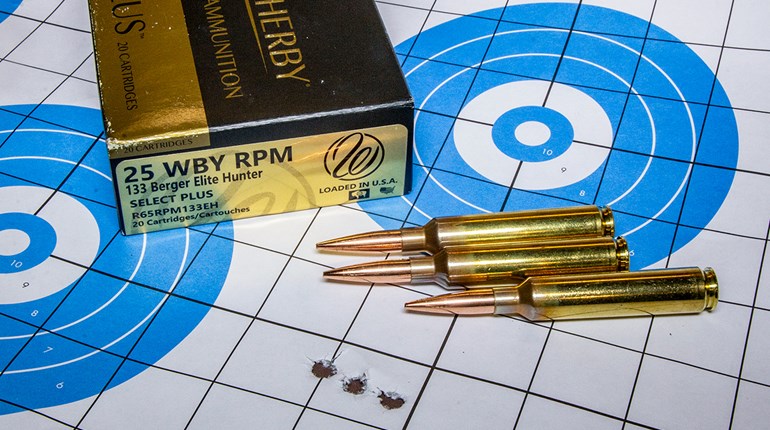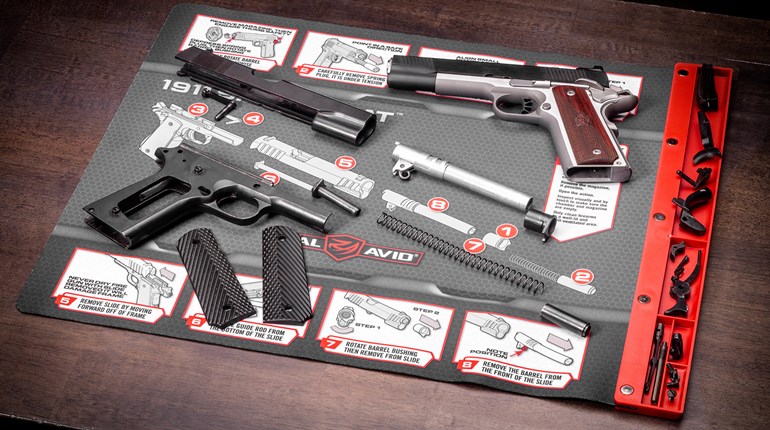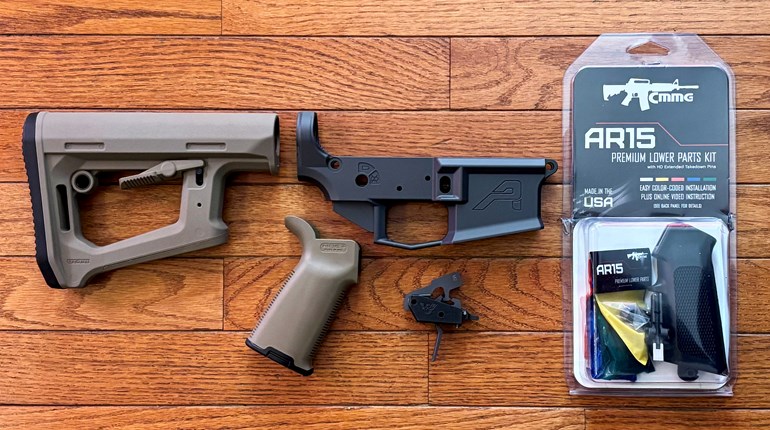
In the pantheon of qualities that distinguish truly phenomenal shooters, two laudable characteristics or attributes often stand out: trust in one's own skill and an unwavering sense of confidence. These attributes, while distinct, are deeply intertwined, forming the backbone of achievements that stretch from personal accomplishments to professional milestones. When understood and cultivated, they possess the power to transform not only how you approach your personal challenges, but also how you view yourself.
When it comes to shooting well, trust in your own skill and personal confidence are the true earmarks of mastery.
Trust in one's own skill is not merely about acknowledging your abilities. It is a profound understanding that the skills you possess have been honed through experience, dedication, and continuous learning. This trust emerges from countless hours of quality practice, wrought from both successes and failures, and from the feedback loop that ties effort to outcome. It is the quiet but resolute belief that when faced with a challenging but attainable task, we possess the tools, both mental and physical, to navigate it effectively.
On the other hand, confidence transcends the realm of skill. It is a broader belief in oneself, an internal affirmation that you are capable of handling the uncertainties and variables of any shooting situation. While trust in skill is specific to your abilities, confidence is about your overall potential. It is the inner voice that whispers in your inner ear, "You've got this," even when you venture into the unknown, which for most of us resides at the very edge or just a step further past our skills envelop.
Yet, these two attributes don't exist in isolation. The symbiotic relationship between trust in skill and confidence is what amplifies their power. When we trust our skills, we bolster our confidence, and when we're confident, we're more inclined to trust our skills. This creates a positive feedback loop that propels us towards achieving our goals.
The undeniable value of this duo is not only applied to our quest to become a better shooter, but it can be equally and as effectively applied off the range and in various facets of our lives.
In a self-defense scenario, processing relevant information from your immediate environment results in appropriate judgement otherwise reflected upon as a “good call.” With trust in your skills and a reservoir of confidence, decision-making becomes more streamlined. You can evaluate options based on your capabilities, reducing the ‘paralysis by analysis’ that often accompanies on-demand performance choices.
Striving to be a better shooter means having the willingness to take greater risks in training and to push yourself beyond your known limits.
Few shooters ask the question “What am I truly capable of accomplishing?” Venturing into uncharted territories requires a leap of faith. Trusting your skills provides the assurance that you can handle potential challenges, while confidence gives you the push to take that leap.
Failure is a positive. If you’re not failing in training, then you’re not pushing yourself far enough outside your comfort zone. Mistakes and errors are integral to both professional and personal growth. When we trust our skills and harbor confidence, we view setbacks as learning opportunities rather than defining failures.
In developing your next-level shooting skills, you either earn a success or a glean a learning point. If you hit the target within acceptable time and accuracy parameters, then you have accomplished a success. If you failed to meet those results, then what did you learn from it? Where did the wheels fall off your shooting process and then, once identified, how can it be remedied? Observation becomes paramount as you cannot fix that which you cannot see.
Cultivating trust and confidence requires conscious effort. It begins with self-awareness, recognizing your strengths, and authentically acknowledging areas that need improvement. Continuous learning and skill enhancement further solidify this trust.
While many factors contribute to success and accomplishing objectives, the duo of trusting one's skills and harboring genuine confidence stands out. They are more than just attributes; they are catalysts that transform potential into action, goals into accomplishments.
In the broader spectrum of personal and professional development, the significance of trusting one's skills and harnessing genuine confidence cannot be overstated. These attributes are foundational to not only our achievements but also our sense of self-worth.
It's also noteworthy that in moments of doubt – which are inevitable in any journey toward shooting well – returning to one's foundational skills can be a source of reassurance. Like an anchor during a storm, our core competencies and the confidence we derive from them can stabilize us. They serve as a reminder of past triumphs and challenges overcome, galvanizing us to push forward.
For those in the pursuit of shooting excellence, trust in one’s skills combined with genuine personal confidence creates a formidable force that propels the diligent practitioner towards their most lofty goals and are often viewed by others as the earmarks of mastery.













